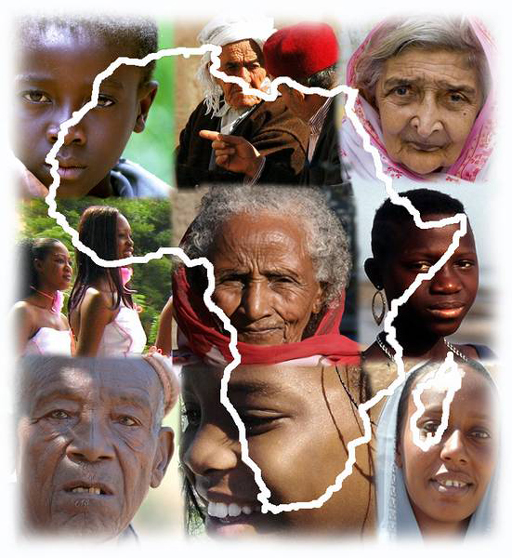14.7 International declarations
Are declarations legally binding agreements?
Declarations are usually not legally binding agreements. Countries that sign up to declarations are expressing their aspirations in a formal way that requires them to take action.
In addition to formal conventions there are also several international declarations that are relevant to the environment and to WASH.
The UniversalDeclaration of Human Rights was adopted by the UN General Assembly in 1948 and specifies: ‘All people have the right to a standard of living adequate for health and wellbeing of themselves and their family, including food, clothing, housing, health care, and the necessary social services’ (Article 25) (Figure 14.6).
Much more recently, in 2010 the UN recognised the human right to safe drinking water (United Nations, 2010). The UN General Assembly in its Resolution 64/92 recognised ‘the right to safe and clean drinking water and sanitation as a human right that is essential for the full enjoyment of life and all human rights’.

The Declaration of Almaty on primary health care was adopted at an international conference that took place in Almaty (formerly Alma Ata), Kazakhstan in 1978. Primary health care is essential health care that must be accessed by every citizen of the country using locally appropriate technologies and community participation. Access to safe drinking water and sanitation is one of the components of primary health care. Ethiopia has accepted this declaration and has been applying it since 1978.
The United Nations Millennium Declaration (UNMD) was adopted in 2000 by resolution of the UN General Assembly. This was the declaration that announced the Millennium Development Goals (MDGs) for countries to achieve by 2015, which you read about in Study Session 3. The aim was to make progress across the globe on issues of poverty, education, health, hunger and the environment.
Following on from the MDGs, Sustainable Development Goals (SDGs) have been developed by the UN to guide development issues until 2030. There are 17 SDGs to replace the eight MDGs and each is sub-divided into a number of targets. Several SDGs are relevant to the environment and WASH (UNDP, 2015), including:
- Goal 6 Clean water and sanitation: Ensure access to water and sanitation for all.
- Goal 13 Climate action: Take urgent action to combat climate change and its impacts.
- Goal 15 Life on land: Sustainably manage forests, combat desertification, halt and reverse land degradation, halt biodiversity loss.
14.6.2 Minamata Convention on Mercury
